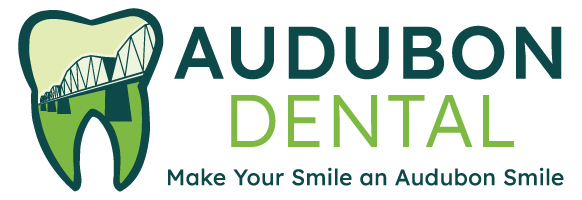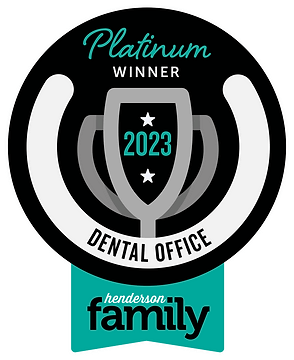Dental X-rays have become a routine part of dental care for many reasons. These valuable diagnostic tools allow dentists to see what’s happening beneath the surface of your teeth and gums. They can uncover hidden dental problems that may not be visible to the naked eye, helping dentists make accurate diagnoses and create effective treatment plans.
Understanding the importance of dental X-rays can help you realize their benefits and why they are an essential part of your oral health care. From detecting cavities to identifying jawbone issues, dental X-rays play a crucial role in maintaining your overall dental well-being. So let’s take a closer look at why you need dental x-rays and how they can improve your dental care experience.
Why Do Dentists Use X-Rays?
Dentists use X-rays for a variety of reasons. One of the main purposes is to detect dental problems that cannot be seen with just a visual examination. X-rays can reveal cavities between teeth or in areas that are not easily visible, allowing dentists to catch and treat these issues before they worsen.
In addition to detecting cavities, X-rays are also helpful in identifying other dental conditions such as gum disease, infections, and abnormalities in the jawbone. They can also help dentists determine the positioning of teeth, especially for orthodontic treatments or dental implants.
Types of Dental X-Rays
There are several types of dental X-rays that dentists may use, depending on their specific needs:
- Bitewing X-rays: These X-rays show the upper and lower back teeth and are used to check for cavities between teeth and the health of the bone supporting the teeth.
- Periapical X-rays: These X-rays focus on one or two specific teeth and show the entire tooth, from the crown to the root. They are used to detect problems such as abscesses, infections, or abnormalities in individual teeth.
- Panoramic X-rays: These X-rays capture a broad view of the entire mouth, including all teeth, upper and lower jaws, and surrounding structures. They are useful for evaluating overall dental health, identifying impacted teeth, and planning treatments such as braces or extractions.
- Cone Beam CT (CBCT): This type of X-ray provides a three-dimensional image of the teeth, jawbone, and facial structures. It is often used for more complex dental procedures, such as dental implant placement or orthodontic treatment planning.
Benefits of Dental X-Rays
Dental X-rays offer several benefits for both dentists and patients. Some of the key benefits include:
- Early detection: X-rays can uncover dental issues in their early stages before they become more severe and costly to treat.
- Accurate diagnosis: X-rays provide dentists with detailed images that help them make accurate diagnoses and create effective treatment plans.
- Effective treatment planning: By providing dentists with a clear view of the underlying structures, X-rays help them create precise and effective treatment plans tailored to each patient’s specific needs.
- Preventive care: X-rays enable dentists to identify potential problems before they cause noticeable symptoms, allowing for proactive intervention and prevention of more serious oral health issues.
- Monitoring dental health: X-rays can be used to monitor the progress of dental treatments and track changes in oral health over time.
- Patient education: X-rays allow dentists to visually demonstrate dental issues and explain them to patients, helping them understand their condition and treatment options.
Safety Precautions
While dental X-rays are generally safe, it’s important to take necessary precautions to minimize radiation exposure. Dentists use lead aprons and thyroid collars to protect patients from unnecessary radiation. Additionally, modern dental X-ray machines emit very low levels of radiation, making the risks minimal.
It’s also important for patients to inform their dentist if they are pregnant or suspect they may be pregnant. In these cases, dentists will typically postpone taking X-rays unless it is necessary for diagnosing and treating a dental condition.
Let Us Give You an Audubon Smile
The staff at Audubon Dental is committed to providing you with prompt, professional, and personal service. Discover the possibilities of a radiant and confident smile by scheduling a consultation with us today. Your journey to a brighter, healthier, and more beautiful smile begins here!




